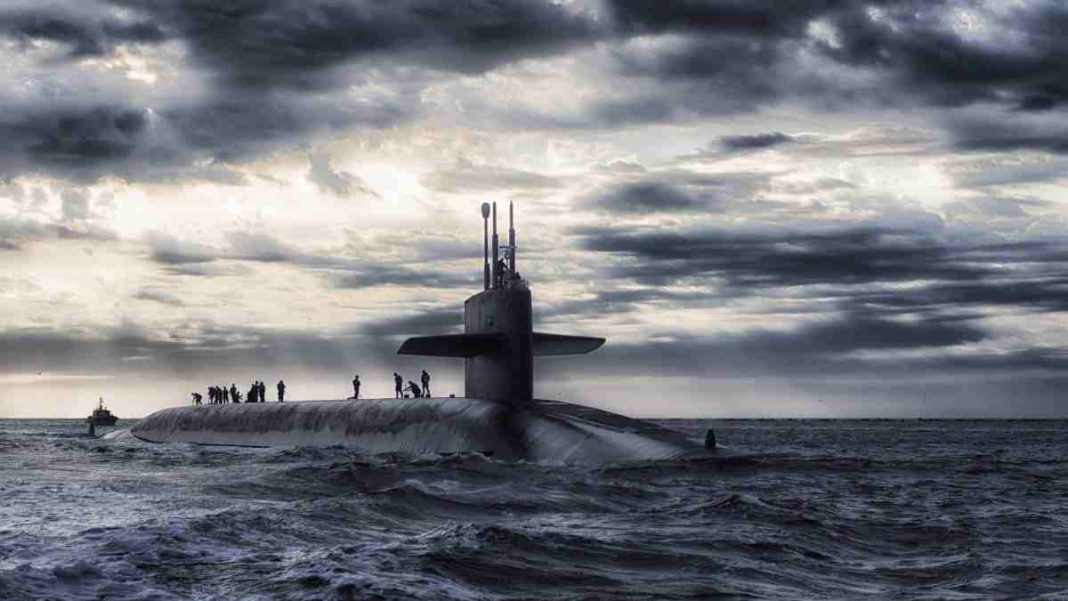UNITED STATES/CANADA: The US Coast Guard has reported the loss of contact with the Titanic submarine one and a half hours into its descent. OceanGate, a tour company, is currently exploring all available options for the rescue of the five individuals on board.
Assisting in the rescue effort are various governmental organizations, including the US and Canadian navies, as well as commercial deep-sea companies. The Titanic wreck is located 435 miles south of St. John’s, Newfoundland, with the rescue operations being coordinated from Boston, Massachusetts.
US Coast Guard Rear Adm John Mauger has announced that there is a limited window of 70-96 hours for conducting the search and rescue operation. The search involves the deployment of two aircraft, a submarine, and sonar buoys, yet the remote location poses significant challenges.
Rescue personnel are approaching the situation with utmost dedication, working tirelessly to ensure the safety of all those on board. Among the missing individuals is Hamish Harding, a wealthy British businessman and explorer.
Harding had publicly declared his participation in the Titanic wreck expedition via social media, citing the exceptionally harsh winter conditions in Newfoundland, the worst in 40 years. This expedition is anticipated to be the sole manned endeavor for the year 2023.
A favorable weather window has opened, and the company’s primary focus is on the well-being of the crew and their families. Government organizations and deep-sea businesses have extended substantial support, striving to re-establish contact with the submersible.
The Titan, a submersible owned by OceanGate, is specifically designed for exploring the Titanic wreck. The journey commences from St. John’s, Newfoundland, and requires eight hours to complete a full dive.
The Titan boasts the capability to dive to great depths, reaching the wreckage site with its weight of 23,000 lbs (10,432 kg), 96 hours of life support, and a maximum depth of 13,100 ft. The Polar Prince vessel is responsible for transporting the submersibles to the debris site.
David Pogue, a CBS reporter who has traveled in the Titan submersible, noted the challenges faced by both the submersible and the land crew due to the lack of functional GPS and radio communication underwater.
The support ship has managed to establish communication via text messages, but passengers remain confined within the vessel due to externally applied bolts. The Titanic, once the largest ship in the world, tragically collided with an iceberg in 1912, resulting in the loss of over 1,500 lives. Ensuring the safety of the crew is of paramount importance.
Since the initial discovery of the wreckage in 1985, extensive investigations have been conducted, with a separation of 2,600 feet between different sections. Deep-sea mapping efforts have provided the first digital scan, revealing crucial details about the ship’s dimensions and specific features, such as the propeller serial number.
Also Read: Titanic: First-ever Full-sized Scans Show Never-seen-before Wreckage



